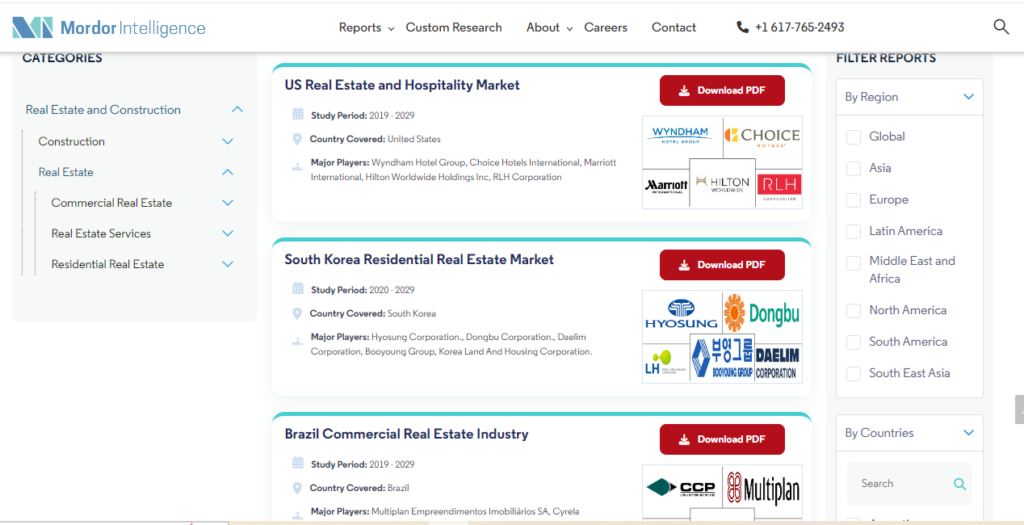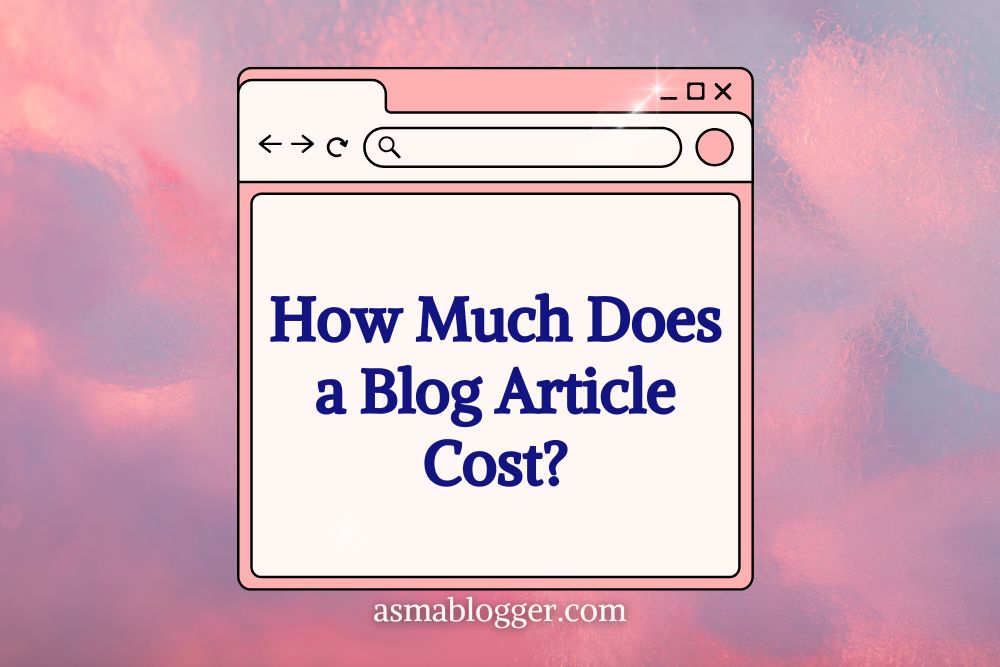In today’s digital age, standing out in real estate content is more important than ever. While finding the right agent used to rely on word-of-mouth or ads, the internet and social media now offer instant access to property information. Effective content is important for informing buyers, building trust, and showcasing expertise. In this guide, I’ll share key tips for writing real estate content that captures attention and turns leads into clients, helping you promote your business effectively.
Table of Contents
ToggleBest Practices to Do Content Writing for Reasl Estate
1. Use a Persuasive tone for content writing for real estate websites
Your website often gives potential clients the first impression of your real estate business. To ensure it makes a positive impact, your content must be engaging and informative. Use compelling headlines with keywords like “real estate” and “property listings.”

Incorporate high-quality images, maps, or videos to highlight property features. Clear and easy-to-navigate content will help buyers find essential information quickly, such as property details, location advantages, and market comparisons.
2. Create Impactful Property Listings
When it comes to real estate content, property listings are paramount. Creating detailed and well-articulated descriptions is important. Use a descriptive tone of voice that describes the unique features of each property, avoiding generic terms like “nice” or “good.”
Instead, focus on terms that convey luxury and exclusivity, such as “spacious” or “elegant.” Keep your sentences concise and avoid excessive punctuation. Highlight the standout features of the property, and make sure the content is easy to scan for key details.
Check Out: How To Do Vacation Rental Copywriting To Get More Bookings?
3. Maximize Social Media Potential
Social media is an incredibly effective tool for real estate marketing. Regularly update your profiles with fresh, engaging content like new listings, market insights, and client testimonials. Keep posts concise and use a mix of images, videos, and infographics.

Consistency is key; frequent updates maintain audience interest and reinforce your brand’s presence. Engaging with comments and messages will build community and trust, improving your online reputation.
4. Tap into Forums for Networking
Real estate forums offer valuable opportunities for networking and sharing insights. By participating in discussions about market trends, investment strategies, and other industry-related topics, you can establish yourself as a knowledgeable professional. Additionally, providing useful information and answering questions helps build credibility.

Including links to your website can drive organic traffic and attract potential clients. Therefore, joining active forums relevant to real estate is crucial to ensure your contributions reach a targeted audience.
5. Use Infographics for Visual Appeal
Infographics are a compelling way to present complex data and trends in real estate clearly and effectively. By simplifying market statistics, property features, and industry insights, they make information more accessible to your audience.
Moreover, SEO-optimized infographics with engaging data not only drive traffic to your site but also boost user engagement. So, it’s crucial to ensure that your infographics are well-designed and tailored to your target audience’s interests.
6. Engage in Blog Writing
Blogging is an effective tool for real estate content. It covers topics like market trends, home-buying tips, and neighborhood guides. Design your posts to your audience’s interests, use relevant keywords naturally, and keep the content both informative and engaging.

Regular updates will improve your SEO and increase your authority in the real estate sector. Following consistency will help you stay relevant and attract more readers.
7. Publish Market Research Reports
Market research reports offer in-depth insights into real estate trends and local attractions, making them a valuable asset. These reports can be shared as downloadable content or whitepapers, offering valuable information to potential buyers.

By including data on market performance, property statistics, and local amenities, these reports not only showcase your expertise but also provide potential buyers with comprehensive information. Consequently, sharing these reports as downloadable content or whitepapers can position you as a trusted resource and attract serious buyers.
8. Showcase Client Testimonials
Client testimonials are valuable for establishing credibility and trust. After successfully closing a deal, ask your clients for feedback and showcase their testimonials on your website and social media profiles.
Authentic reviews from satisfied clients can significantly impact potential buyers’ perceptions of your business. Consider offering incentives for testimonials, such as free consultations, to encourage more clients to share their positive experiences.
9. Send Engaging Newsletters
Newsletters are an excellent way to keep your audience informed and engaged. By designing content customized to different segments of your audience, you can provide relevant information based on their specific interests.
For instance, include updates on new property listings, market trends, and valuable tips for both buyers and sellers. Furthermore, a well-crafted newsletter not only enhances your brand’s visibility but also fosters repeat business from existing clients. Ultimately, this approach helps maintain a strong connection with your audience while promoting your real estate business effectively.
10. Address FAQs and Fact Sheets
Create content that discusses frequently asked questions and common concerns about buying or selling property. Use FAQs and fact sheets to provide clear, concise answers to frequently asked questions.
This type of content not only helps potential buyers but also positions you as a knowledgeable expert in the field. By addressing common queries, you can reduce potential clients’ concerns and build trust in your expertise.
Tips for Effective Real Estate Content Writing
To excel in content writing for real estate, keep these tips in mind:
1. Conduct Thorough Research:
Make sure your content is well-researched and accurate. Provide valuable information that addresses your audience’s needs and interests. Use credible sources to back up your claims, and stay updated with the latest industry trends.
By doing so, you’ll not only build trust and loyalty with your readers but also establish yourself as a go-to authority in the field.
2. Align with Brand Tone:
Match your content’s tone with your brand’s personality to ensure a consistent voice across all platforms. Whether your brand is professional, casual, or friendly, ensure your tone reflects that consistently. This alignment strengthens your brand’s identity and connection with your audience.
3. Optimize for SEO:
Incorporate relevant keywords naturally and create compelling headlines. Make your content easier to find online by optimizing it for search engines. Use meta descriptions, alt tags, and internal links to enhance SEO further. Keep your content updated regularly to ensure it stays fresh and relevant.
4. Segment Your Content:
To make your content more readable, break up long paragraphs and use bullet points where possible. Additionally, incorporate visual elements to boost engagement. Ensure each section flows smoothly into the next to keep readers interested.
Furthermore, clear headings and subheadings are essential for helping readers quickly locate the information they need. By following these strategies, you can create a more engaging and user-friendly experience.
5. Proofread Carefully:
Check for grammatical errors, spelling mistakes, and readability issues. Well-written content shows professionalism and careful attention to detail. Consider using proofreading tools or having a colleague review your work because errors can hurt your credibility and take attention away from your message.
Content Writer for Real Estate
Are you in need of a content writer for your real estate business? Worry not! I am a professional and experienced real estate writer who can write everything from real estate listings to comprehensive property descriptions. With my help, you can attract more potential buyers and renters with engaging and informative content.
Let me take care of your real estate writing needs so you can focus on closing deals and growing your business. Get in touch to talk about what you need and find out how I can help your business grow.
Conclusion: How to Do Content Writing for Real Estate?
In conclusion, effective content writing for real estate involves understanding your audience, writing compelling property descriptions, and using engaging formats. By following this step-by-step guide, you can create content that not only attracts potential clients but also converts them into loyal customers. Remember, clarity, relevance, and creativity are key to standing out in the competitive real estate market.
Content Writing for Real Estate: FAQ’s
1. What is real estate content writing?
Real estate content writing involves creating written material related to properties and the real estate industry. This includes writing property listings, blog posts, market updates, and other content to attract and inform potential buyers and sellers. The goal is to provide useful information, showcase properties, and help real estate professionals connect with their audience.
2. What is a writer in real estate?
A writer in real estate creates content related to buying, selling, and renting properties. They write property descriptions, market reports, blog posts, and promotional materials to attract buyers and sellers. Their job is to make real estate information clear and engaging, helping businesses and clients understand the market and find the right properties.
3. How can I make my real estate blog posts better?
To improve your real estate blog posts, focus on providing valuable insights and practical advice. Use clear headings, bullet points, and high-quality visuals. Optimize your posts with relevant keywords and update them regularly. Engaging content that addresses readers’ questions can boost your SEO and attract more visitors.
4. How often should I update my real estate content?
Regular updates to your real estate content are essential for maintaining SEO and engaging your audience. Aim to refresh your blog posts, property listings, and market insights at least once a month. Frequent updates keep your content relevant, improve search engine rankings, and demonstrate your active presence in the industry.















